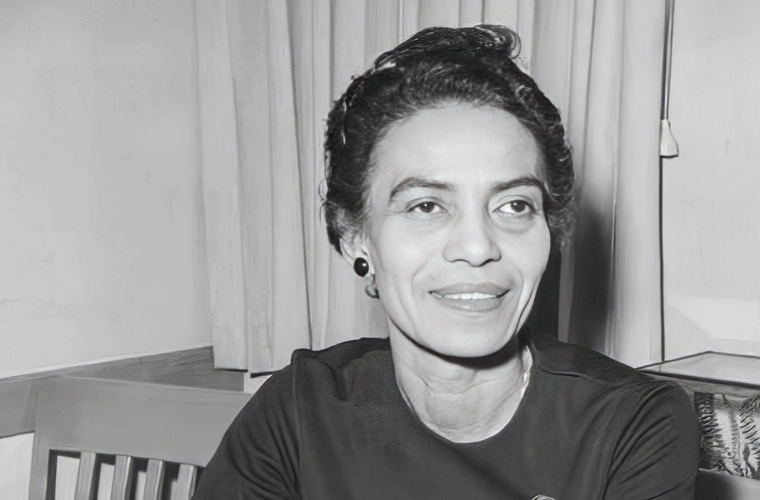Roberta Byrd Barr was a remarkable woman who made history in Seattle, Washington as an educator, civil rights leader, actress, librarian, and television personality. She was born on January 4, 1919 in Tacoma, Washington and attended Lincoln High School and Wilberforce University in Ohio. She later earned a bachelor’s degree in sociology and elementary education and a master’s degree in librarianship from the University of Washington.
Barr began her career as a teacher and librarian in several Seattle schools. During the Seattle school boycott of 1966, she headed one of the Freedom Schools that were set up to protest the lack of progress towards desegregation. She also served on the State Board Against Discrimination, appointed by Governor Dan Evans.
Barr had a passion for acting and media. She starred in a Cirque Theatre production of A Raisin in the Sun with Greg Morris, who later became famous for his role in Mission Impossible. She hosted a children’s show on KCTS-TV called Let’s Imagine, where she told stories to young audiences. She also moderated an audience participation show on KING-TV and KCTS-TV called Face to Face, where she interviewed guest speakers on controversial topics such as race, education, and welfare.
She was not afraid to invite people who were considered too radical for other shows, such as Cesar Chavez. She used her platform to raise awareness and spark dialogue on important issues that were often overlooked in the mainstream media. Barr made history in 1973 when she became the principal of Lincoln High School, becoming the first woman and the first African American to hold that position in the Seattle Public Schools district. She was a strong leader who advocated for her students and staff. She faced challenges such as student protests, budget cuts, and declining enrollment, but she also celebrated achievements such as academic excellence, cultural diversity, and community involvement.
Barr was active in many civic and professional organizations, such as the NAACP, the Seattle Urban League, and Alpha Kappa Alpha Sorority. She helped promote the development of the African American Collection at the Douglass-Truth Branch of the Seattle Public Library, where her photo hangs to honor her legacy.
Barr died on June 23, 1993 at the age of 74. She was a trailblazer who broke barriers and inspired generations of people with her talent, intelligence, courage, and compassion. She was a true role model for women and people of color who aspire to make a difference in their communities.

